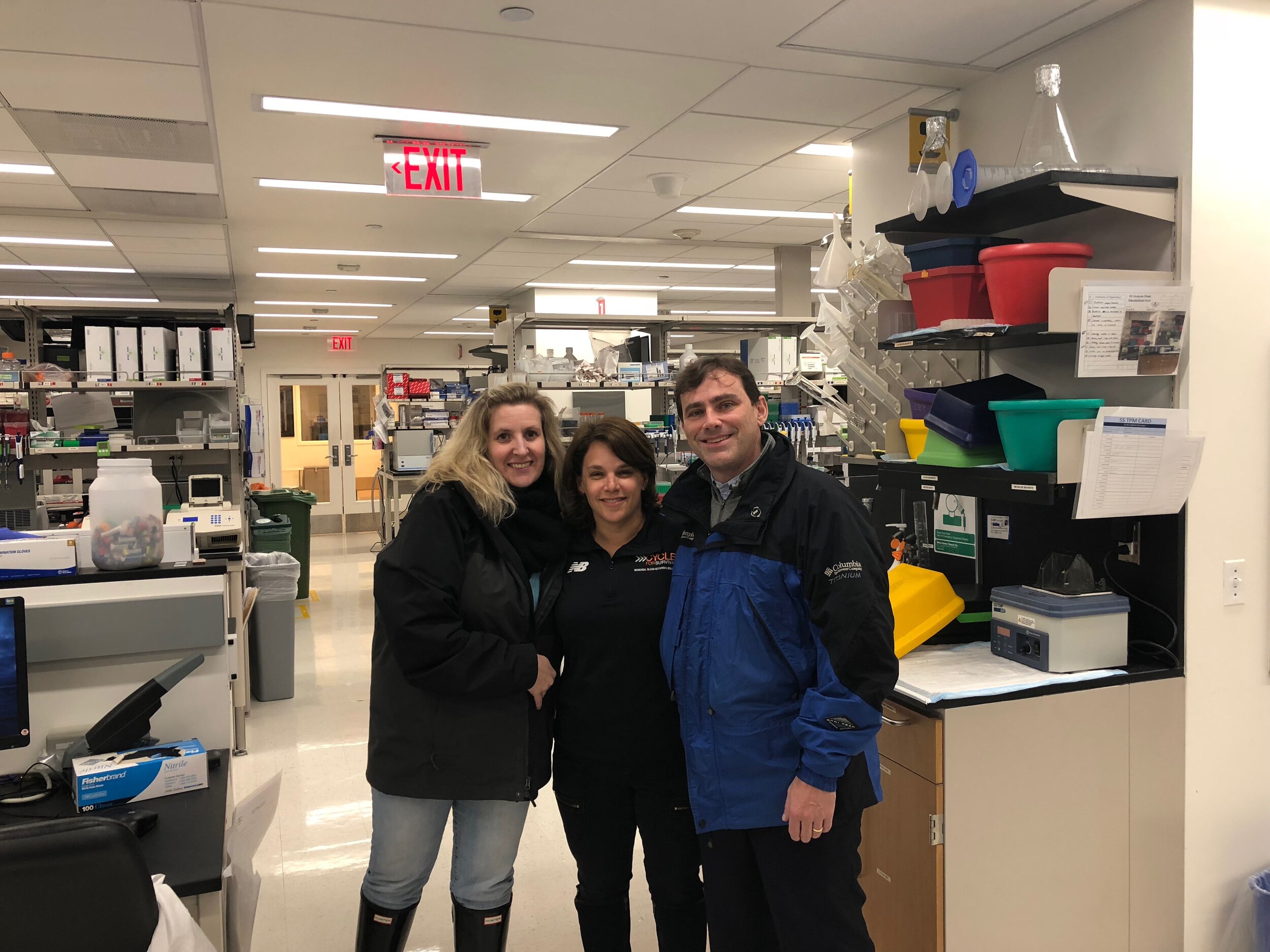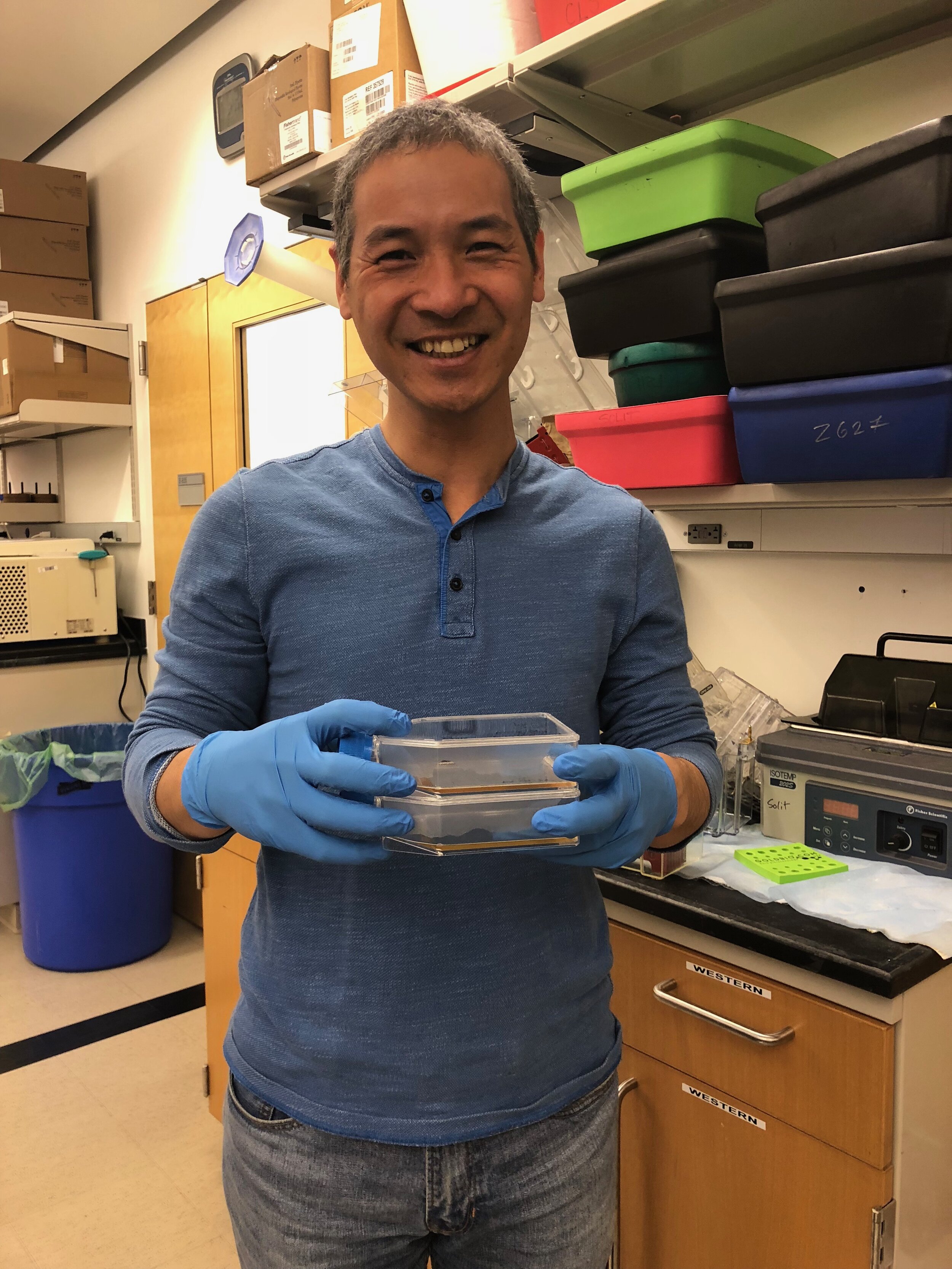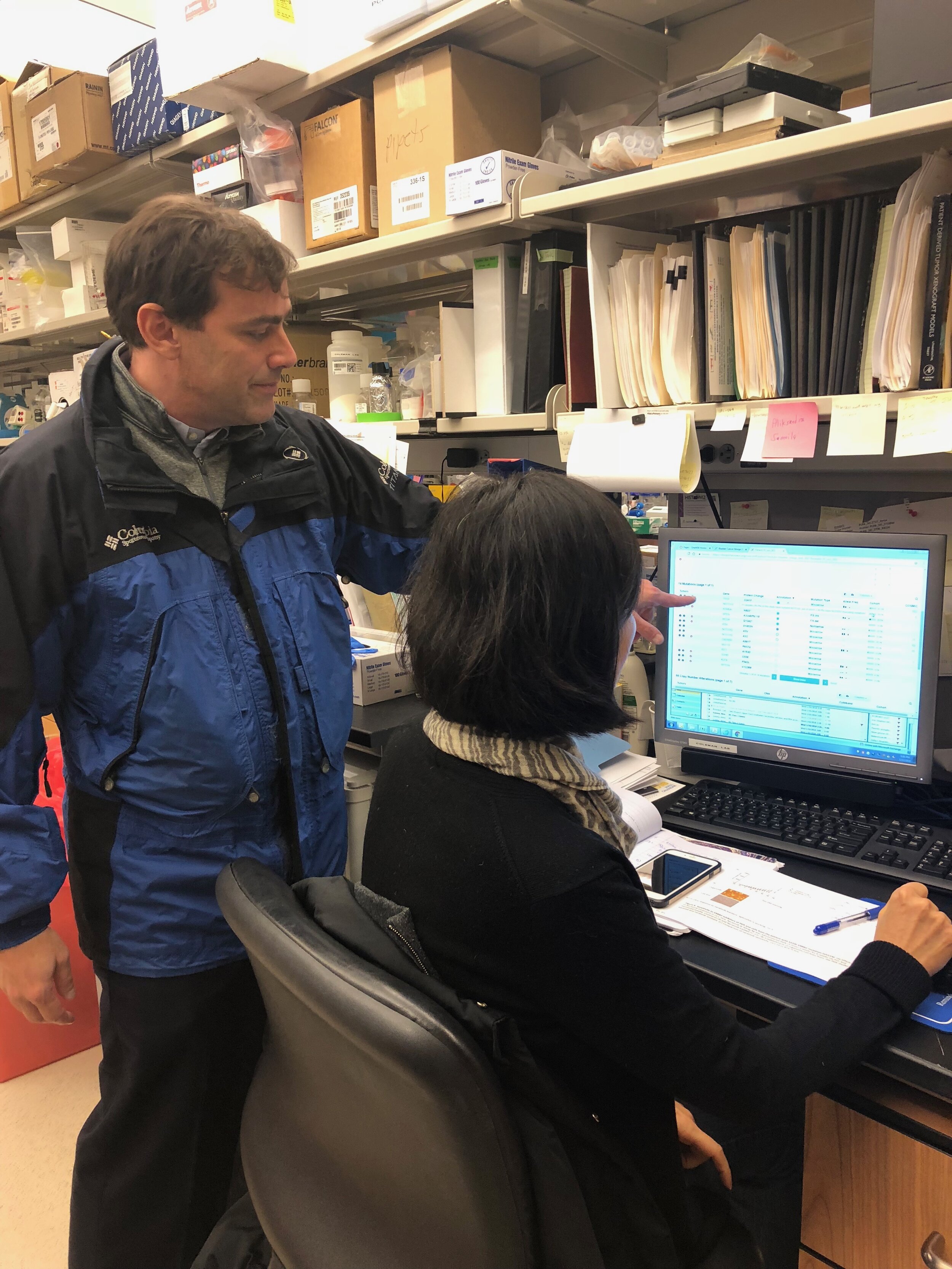ACCKT is working with Memorial Sloan Kettering Cancer Center in New York City to conduct the first ever research exclusively studying Pediatric onset ACC via the Make-An-IMPACT rare cancer iniative program. Patients receive world class genetic sequencing / testing at no cost possibly revealing treatable mutations while providing researchers with information about ACC in kids/teens for the first time.
The Memorial Sloan Kettering Make-an-IMPACT initiative provides individuals with rare cancers the opportunity to receive genomic testing at no cost to the patient. The primary purpose of the Make-an-IMPACT initiative is to understand why these rare cancers occur and to accelerate the development of new therapies for these diseases.
The Make-An-IMPACT rare cancer initiative offers free-of-cost genetic testing to Pediatric ACC patients in the first-of-its-kind project ever to study the childhood onset of ACC independent from adult onset ACC patients.
Make-An-IMPACT Research Process
Inside the Solit lab at Memorial Sloan Kettering.
| ABSTRACT |
The Make-An-IMPACT initiative provides opportunity for external patients with rare cancers to receive MSK-IMPACT testing. MSK-IMPACT is the largest academic molecular profiling initiative in the world yet there remain a significant number of cancer types that have been sequenced fewer than 10 times some sequenced only once.
| OBJECTIVES |
The primary purpose of this initiative is to understand the genomic drivers of extremely rare cancers, specifically germ cell cancers, pediatric cancers including Pediatric ACC, and hematologic malignancies and to share findings with treating clinicians, worldwide. Existing but limited efforts to sequence rare tumor of actionable mutations (i.e. BRAF V600 in Histiocytosis and TRK fusions in Mammary Analogue Secretory cancers).
2019 MSKCC Make-An-Impact initiative full program results to date:2016-2019. Poster on display at institutional symposium, April 2019.
| METHODS |
Utilizing IRB 12-245 as a consent source and leveraging social media as a primary referral source, the Clinical Research Administration (CRA) has implemented a standardized workflow to recruit, consent, and manage patients worldwide. Remote consent processes are completed and DNA materials (blood, saliva, nails,and tumor) are collected remotely (and even internationally). Through streamlined workflow, these materials are delivered, accessioned and sequenced at MSKCC. Results are returned to patients and treating physicians within 2-6 weeks along with treatment and available trial suggestions.
| RESULTS |
In the first cohort (Germ Cell Ovarian Cancer), 60 non-MSKCC eligible participants consented from 4 continents. 43 of the consented participants have rare Germ Cell Tumors where previously, MSKCC only saw 4 diagnoses of these cases, annually. 10 participants are 10 years old or younger; the youngest participant enrolled was 1 year old. 29 (germ cell) patients have resulted IMPACT, 20 were found to have mutations (4 NED). Three patients were relatively local to MSKCC and therefore were referred to MSK for care and 7 patients were referred for clinical trials/treatment modifications where they locally reside.
2018 YTD Pediatric ACC results.
| FUTURE DIRECTION |
Continued fundraising via Cycle for Survival. Additional rare cancer outreach. Whole Genome Sequencing (Broad Institute Collaboration).
































